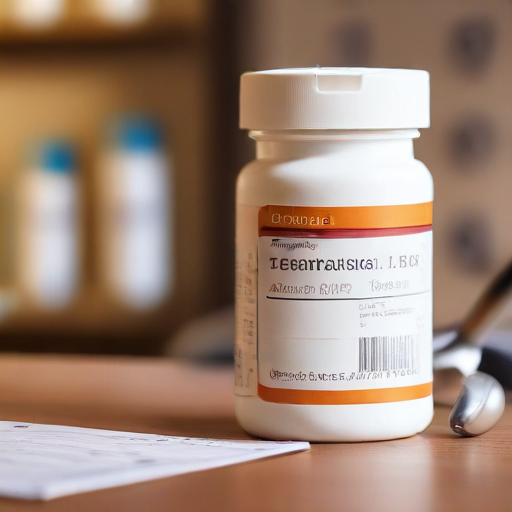The Food and Drug Administration (FDA) announced on Friday its approval of Zepbound as a treatment for obstructive sleep apnea (OSA) in individuals who are moderately or severely obese. The new medication is intended to be used alongside a reduced-calorie diet and increased physical activity.
Eli Lilly, the pharmaceutical company behind Zepbound, reported that the drug proved to be about five times more effective than a placebo in minimizing breathing disturbances among adults not undergoing positive airway pressure therapy. For those using such therapy, Zepbound helped reduce breathing disruptions by an impressive 29 occurrences per hour, compared to just six with a placebo.
Eli Lilly also shared that the drug has a significant impact on weight loss. Adults taking Zepbound in conjunction with positive airway pressure therapy experienced an average weight loss of 45 pounds, while those on a placebo lost only four pounds. Those taking Zepbound without the therapy managed to shed an average of 50 pounds, compared to six pounds for the placebo group.
Patrik Jonsson, executive vice president at Lilly, highlighted the importance of Zepbound, stating, “Today, many cases of OSA go undiagnosed and untreated, leaving millions at risk for serious health consequences.” He emphasized that Zepbound represents the first significant medical advancement in treating moderate-to-severe OSA and supports long-term weight loss in individuals with obesity. Remarkably, nearly half of the clinical trial participants experienced such improvements that they no longer exhibited symptoms of OSA, marking a significant breakthrough in addressing this condition and its correlated health issues.
This approval marks a historic moment as it is the first time the FDA has sanctioned a medication specifically for obstructive sleep apnea. The National Council on Aging estimates that around 33 million Americans currently rely on Continuous Positive Airway Pressure (CPAP) machines to manage their sleep apnea. The condition is more prevalent among older adults, men, and individuals with excess weight.
Dr. Sally Seymour, the director of the FDA’s division of Pulmonology, Allergy, and Critical Care, described the approval as a significant advancement for patients suffering from obstructive sleep apnea.
Zepbound functions through hormone receptors to facilitate weight loss and maintenance in individuals classified as obese or overweight. However, like all medications, it may come with side effects, particularly gastrointestinal reactions, as noted by Eli Lilly.
This breakthrough in the treatment of obstructive sleep apnea could significantly improve the quality of life for millions of individuals and offer new hope in managing this prevalent condition.
In summary, the introduction of Zepbound provides a dual benefit of addressing both sleep apnea and obesity, fostering a more comprehensive approach to health. With continued awareness and options for treatment, patients may find relief and improve their overall well-being.
